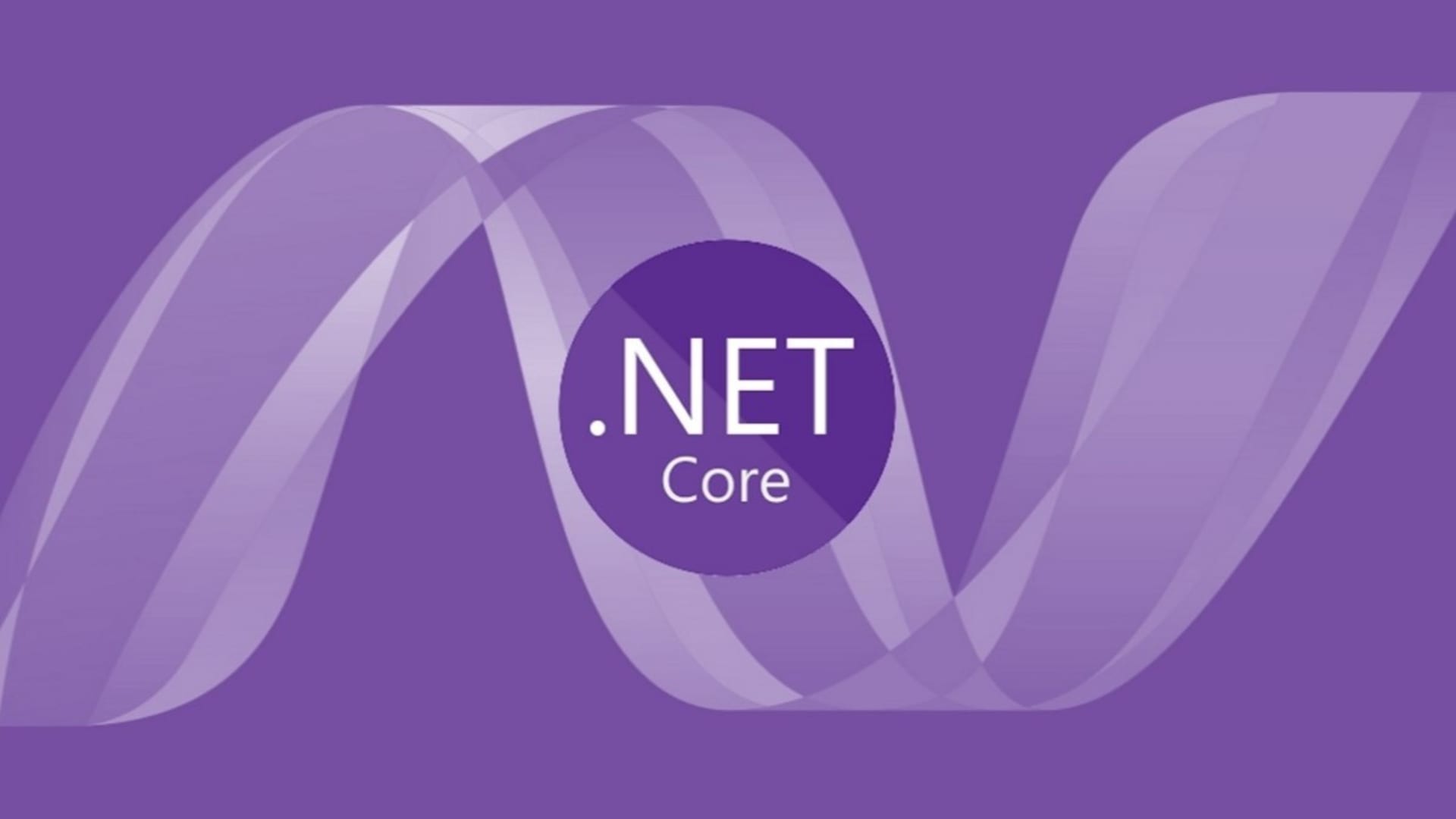- Home
- Technologies
- .NET
- Hire .NET Developers
Hire .NET Developers
Hire vetted .NET talent.
Our top 1% of tech talent has already undergone a rigorous vetting process. Get bilingual, nearshore .NET developers on your team within 2 weeks.
500+ companies rely on our top 1% tech talent.
No time to find the top talent yourself? Skip the hassle of recruitment.


The Ultimate Guide for Hiring .Net Developers
The hiring process for .NET ("dot net") developers should be a strategic one. Finding developers isn’t difficult, but finding the right professionals for your project and company culture can be. We understand the challenges of finding skilled developers, and our expertise in handling 1.4 million applications annually has allowed us to refine our selection process.
From defining your project requirements to evaluating cultural fit, each step in the hiring process for a .NET developer is important. This guide will provide you with actionable insights and practical tips to streamline your hiring journey so you can build a team that aligns with your project goals and organizational culture. Utilizing .NET development services can further enhance this process, ensuring you have access to top-tier talent and specialized expertise.
Before You Start Hiring
Experience in Your Preferred Methodology
Considering experience in your preferred methodology, such as Agile or Scrum, is crucial when hiring .NET developers. Proficiency in a specific methodology ensures that developers are familiar with the collaborative frameworks and project-management practices essential for successful software development.
Industry Experience with .NET
Emphasizing niche experience in specific domains or industries ensures that their expertise closely with your project requirements. Developers with specialized knowledge in areas such as finance, healthcare, or e-commerce bring a nuanced understanding of industry-specific challenges and compliance standards.
Collaborative Mindset
A collaborative mindset is pivotal for a positive team dynamic, which ultimately promotes efficiency in project execution. Developers with a collaborative mindset actively contribute ideas, share insights, and engage in open communication, which creates an environment conducive to innovation.
Timeline and Budget
Experienced developers understand the importance of delivering projects within specified timeframes and budget constraints. An ability to effectively plan ahead, prioritize tasks, and allocate resources to meet expectations with timeliness and cost-effectiveness in mind is key.
Culture Fit
Prioritizing a strong culture fit in .NET developers is essential for creating a harmonious and productive work environment. Developers who share your company's values, work ethic, and communication style are more likely to integrate seamlessly into your team. The result is effective collaboration, reduced conflict, and enhanced morale, which all positively impact project success.
18 Skills Every .Net Developer Should Have
A .NET developer’s skills ensure proper code execution and allow them to leverage a vast array of libraries and frameworks that streamline development processes. Their skills can help them craft software solutions that seamlessly integrate with your existing development ecosystem.
The adaptability of .NET enables developers to address diverse project requirements, but it also means that there are endless skills to seek in a .NET developer—and some skills may be better suited for your project than others. In our .NET job description, we've identified 18 important skills .NET developers should have, regardless of the scope:
Technical Skills to Look for in Your Ideal .Net Developer
1. Proficiency in C# and .NET Framework
C# is the core programming language of the .NET ecosystem. Having deep expertise in the language and the .NET framework—including the syntax, data types, and basic programming construct—is central to .NET development.
2. Understanding of .NET Core and .NET 5/6
.NET Core is the cross-platform, high-performance, and open-source version of .NET. It's also helpful to know the latest versions of .NET, versions 5 or 6.
3. ASP.NET MVC & Web API
These technologies provide robust frameworks for building web applications and services with .NET.
4. Entity Framework
Entity Framework is a popular Object-Relational Mapping (ORM) tools for data access.
5. Front-End Technologies
If the role involves full-stack development, the developer should be familiar with front-end technologies such as languages like HTML, CSS, and JavaScript, as well as frameworks like Angular, React, or Vue.
6. Database Skills
A .NET developer should be proficient in SQL and have experience with databases such as SQL Server, MySQL, or NoSQL databases like MongoDB.
7. Understanding of OOP and Software Design Patterns
.NET development demands a strong grasp of object-oriented programming (OOP) principles and common design patterns.
8. Dependency Injection
.NET programmers should have knowledge of dependency injection for creating more modular and testable software.
9. Version Control
Version control systems like Git are essential for providing an environment for collaboration and storing all versions of code and code history.
10. Unit Testing
.NET developers should have experience with unit testing frameworks like NUnit or xUnit and an understanding of Test-Driven Development (TDD), which promotes cleaner code.
11. Debugging and Performance Tuning
Debugging and performance tuning are essential skills for optimizing the performance of .NET apps and producing cleaner software.
12. Security Practices
Secure coding practices are essential when building .NET solutions.
13. Cloud Technologies
A .NET developer should have familiarity with cloud platforms like Azure or AWS, particularly if the position involves working with cloud-base applications.
Soft Skills to Look for in Your Ideal .Net Developer
14. Critical Thinking
Critical thinking skills are vital for .NET developers to analyze complex problems, evaluate various solutions, and make informed decisions during the development process. This capability enables them to identify strategies, troubleshoot issues, and craft scalable solutions.
15. Adaptability
Adaptability is crucial for .NET developers to navigate evolving technologies, frameworks, and project requirements. This flexibility empowers them to embrace changes, incorporate new methodologies, and adjust their approach accordingly.
16. Leadership
Leadership skills are essential for .NET developers to bring fresh ideas to the table, inspire innovation, make strategic decisions, and, in some cases, guide their teams. Leadership skills can help team members stay motivated and the project on the right track.
17. Interpersonal Skills
Interpersonal skills are paramount for .NET developers, who need to know how to clearly communicate technicalities, collaborate with teammates and non-technical stakeholders, and establish trust and rapport within teams. These skills enable developers to convey ideas, understand team dynamics, and hone working relationships to develop successful .NET projects together.
18. Professionalism
Professionalism is crucial for all developers because they regularly engage in team collaborations and client interactions. Upholding a high standard of professionalism involves maintaining respect for others, meeting agreed-upon deadlines, and demonstrating accountability.
10 Questions to Identify Top .Net Developers
When interviewing .NET developers, it's important to ask questions that first assess the candidates' technical skills and knowledge. Employers will also usually conduct a coding test to further assess specific on-the-job knowledge. However, for companies looking to streamline this process, opting to outsource .NET development can be an efficient alternative, providing access to a broader pool of vetted professionals with verified skills.
The following set of questions aim to uncover not only the developer's technical knowledge but also their problem-solving abilities, teamwork, communication skills, and adaptability—all crucial traits for success in a collaborative environment.
Here are a few examples of technical interview questions:
1. How do you approach designing scalable and maintainable .NET code in your projects?
Achieving scalability and maintainability in .NET projects involves adhering to coding best practices, employing SOLID principles, and utilizing design patterns. I prioritize clean architecture to enhance code readability, facilitate future updates, and ensure a robust foundation for scalability.
2. Share an instance where you had to make a significant technical choice during a .NET project, and how did the decision impact the project’s success?
In a recent .NET project, I had to choose between using Entity Framework and Dapper for data access. After careful consideration of performance, scalability, and project requirements, I chose Dapper, which resulted in improved database performance. This improvement optimized query execution times, enhancing the user experience and reducing latency.
3. How have you fostered effective communication within previous development teams while also ensuring alignment with non-technical stakeholders?
Regular team meetings, the use of collaboration tools like Azure DevOps, and comprehensive documentation have been essential for my teams. I also actively engage with non-technical stakeholders, translating technical concepts to ensure project goals align with organizational objectives.
4. Describe a time you faced unforeseen challenges. What strategies did you employ to manage unexpected complexities while maintaining project timelines?
In a previous .NET project, my team had unanticipated hurdles that threatened the timeline. I promptly conducted a thorough root cause analysis, collaborated closely with the team, and implemented agile adjustments. This proactive approach allowed us to navigate those challenges effectively, ensuring timely project delivery without compromising quality.
5. Explain the main features of the .NET framework.
This question helps you get a sense of how deeply the .NET developer understands the framework and its components.
6. How do you stay updated with new .NET development technologies and practices?
Staying up to date with the latest trends and practices in the field is essential for developing quality and timely software.
7. Describe a challenging bug you encountered and explain how you resolved it.
This allows you to observe the candidate's approach to problem-solving.
8. What motivates you in your work as a .NET developer?
.NET development doesn't just require technical skills—it also demands passion for the field. This will give you insight into the motivation behind the developer's work.
9. How do you approach working in a team?
Teamwork is critical in the development process. You want .NET developers who are collaborative.
10. How do you manage your time and prioritize tasks in a fast-paced environment?
You'll be able to better understand the candidate's time management skills and ability to prioritize their tasks.
FAQ
A .NET developer specializes in designing, implementing, and managing software applications using the Microsoft .NET framework, .NET Core, and related technologies like C# and ASP.NET.
Key skills a .NET developer should have include proficiency in C#, familiarity with the .NET framework and .NET Core, knowledge of ASP.NET MVC, understanding of databases (SQL Server, etc.), front-end technologies (HTML, CSS, JavaScript), and experience with tools like Entity Framework and LINQ.
Some ways to assess a .NET developer's technical skills are through coding tests, technical interviews, and a thorough review of the developer's past projects or community involvement, including contributions to open-source projects.
The experience level you should look for in a .NET developer depends on the project type and requirements. For example, if you want a quick project turnaround or are working on a particularly complex project, you should look for a senior developer. Meanwhile, simple projects may be suitable for junior developers.
.NET programmers should have experience with front-end technologies like Angular, React, or Vue if the project or role involves full-stack development. If the role or position is solely focused on back-end development, knowledge of front-end technologies is less important.
For .NET solutions involving cloud-based technologies, it's important for a developer to have a familiarity with cloud platforms like Azure, AWS, or Google Cloud Platform.
In order to evaluate whether a .NET developer is a good fit for your team, you should conduct an interview and assess soft skills like communication, problem-solving, and teamwork.
.NET Core is the cross-platform, open-source version of .NET. They differ in terms of platform support, modularity, performance, and other factors.
The cost of hiring a .NET developer varies based on factors like experience level and skill sets required. Outsourcing is typically a more cost-effective approach to hiring a .NET developer, particularly if you outsource to regions with a lower cost of living like Latin America.
Yes, many .NET developers can work remotely. This is especially true if you have remote work practices and project management platforms in place.
.NET developers work on a wide range of projects, such as mobile apps with Xamarin, web apps, desktop apps, cloud-based solutions, and more.
The timeline for hiring a .NET developer can vary considerably based on the role requirements, the hiring process, and other factors. Outsourcing the development of .NET applications often shortens recruitment and hiring processes because these providers have already vetted the talent.
There are many benefits to outsourcing app development, web development, and other services involving .NET technologies to a .NET development company. For example, you can improve efficiency, shorten delivery timelines, and access niche expertise.

- Hire .NET Developers
How Businesses Can Overcome the Software Development Shortage
BairesDev Ranked as one of the Fastest-Growing Companies in the US by Inc. 5000












